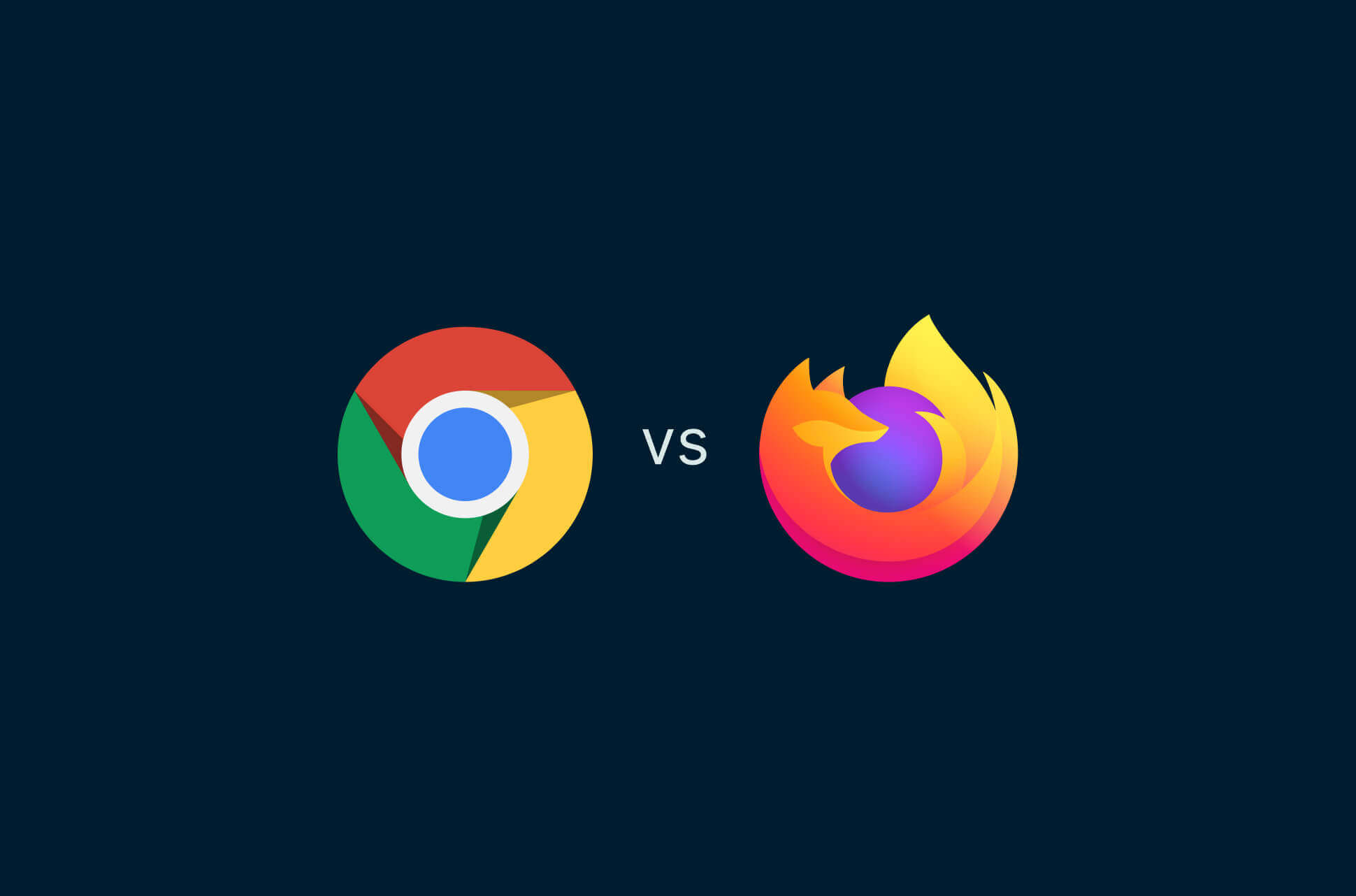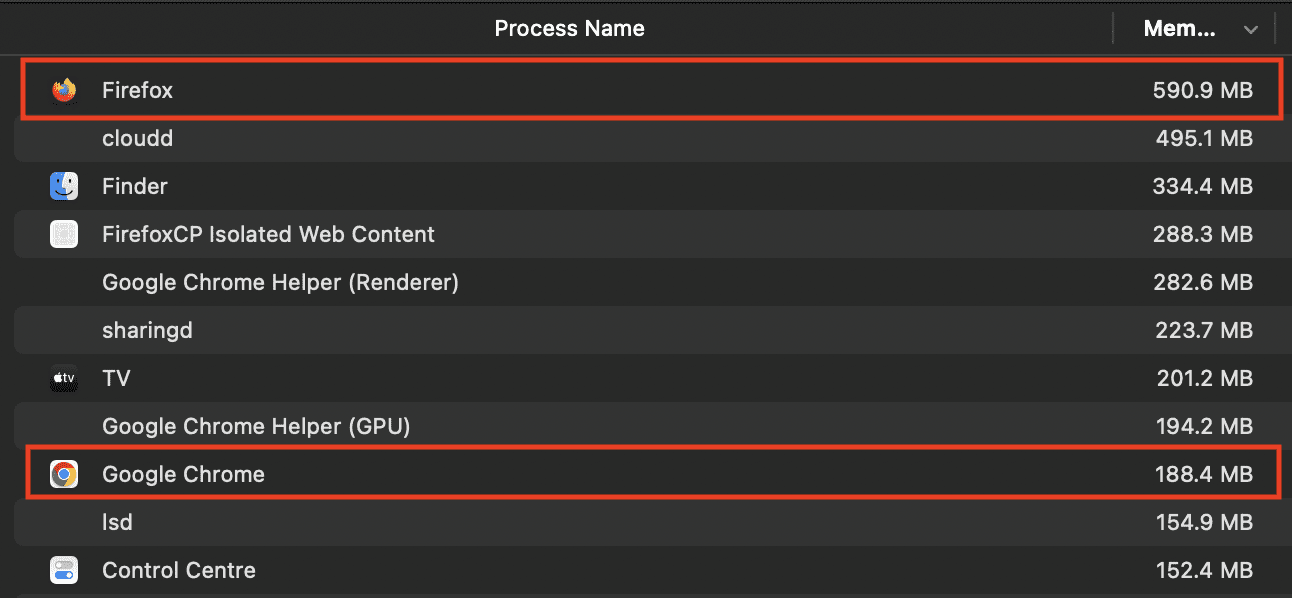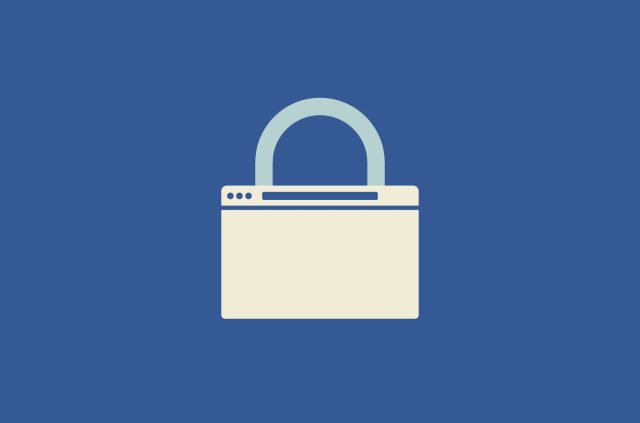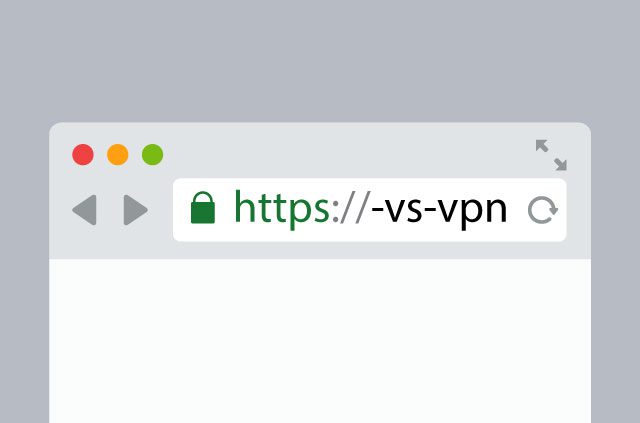Google Chrome vs. Firefox: Which is the better browser in 2025?


Picking a browser is almost like picking your first Pokémon. While you aren’t beholden to one browser for life, you’re likely to keep using the same one for simplicity’s sake. It’s easy to just default to the ever-popular Google Chrome browser, but Firefox puts up a good fight. Firefox remains incredibly popular, and for good reason. So, which browser should you choose?
Read more: Google Chrome vs. Microsoft Edge
Google Chrome vs. Firefox: Overview
Before we get into the comparison, here’s a quick overview of both browsers.
| Chrome | Firefox | |
| Released | 2008 | 2002 |
| Developer | Mozilla | |
| Engines | Blink, WebKit | Gecko, Quantum |
| Default search | ||
| License | Proprietary, but based on open-source components (Chromium) | Open-source components (under the terms of the Mozilla Public License) |
| Platforms | Windows, macOS, Linux, Android, iOS, and Chrome OS | Windows, macOS, Linux, Android, and iOS |
| Ad blocker | Not by default | Yes, with Enhanced Tracking Protection and extensions |
| Private browsing | Yes, in Incognito Mode | Yes, in Private Browsing |
| Password manager | Yes | Yes |
| Extensions | Yes—190,000+ extensions available on the Chrome Web Store | Yes—extensions are available on the Firefox Browser Add-ons webpage |
In this comparison article, we’ll answer specific questions pitting Google Chrome and Firefox against each other, then pick the better browser for each question.

Google Chrome vs. Firefox: Performance
RAM Performance: Firefox uses more RAM than Chrome
Chrome has a reputation for high RAM use. But is it just a side effect of its popularity? With more people using it, the more complaints we see. Or is it deserving of its notoriety? Anecdotally, it does seem to use up more system resources. At least, usually.
There are several reasons why a browser could consume excessive amounts of RAM. It often comes down to an excessive amount of third-party extensions weighing the browser down. Other causes can include: An excessive amount of tabs in use, an uncleared cache, or malware.
If there’s a browser that’s less resource intensive, Firefox is not it. We ran a simple test by launching both Chrome and Firefox with a single tab playing a YouTube video. By accessing the Activity Monitor app on our MacBook, here’s what we found:

It seems like Firefox uses more RAM than Chrome in this instance. A search through popular forums like Reddit and Firefox’s own support pages also paints it as being a RAM-hungry browser. Thankfully, Firefox comes with a built-in task manager that allows you to see which tabs are using the most system resources. Closing them will help reduce resource usage. Another way to reduce RAM usage is to click on the "Minimize Memory Usage" button in Firefox’s settings.
Helpfully, Mozilla suggests you “add more RAM” to alleviate any RAM issues you might face while using Firefox, if troubleshooting tips don’t help.
While we’re on the topic of RAM usage, another aspect to consider is speed. A slow browser can negatively affect your browsing experience, and thankfully, neither Chrome nor Firefox is known to be slow. But is one faster? We ran several browser speed tests—in this case, we used WebSPRT 4—and the results were neck and neck. Neither will leave you wanting.

Chrome has made great strides with its resource-hungry tendencies and now consumes far less RAM than it used to. It’s still incredibly fast while being a lot less RAM-hungry giving it a leg up over Firefox on the performance side of things.
Privacy: Firefox is better for privacy than Chrome

Is Firefox the better browser for privacy?
Yes, it is. We even ranked Firefox second on our list of the best privacy browsers (only outdone by Tor Browser). With features like “Enhanced Tracking Protection,” Firefox lets you block all trackers the browser detects. It also serves as an ad-blocker of sorts, though not a very effective one. You can install a proper ad-blocker extension, though.
You also get to compartmentalize the browser, preventing platforms like Facebook from tracking your activity outside of Facebook. Firefox’s default settings are pretty privacy-friendly, but you can still customize a fairly detailed list of privacy and security settings, which include features like the ability to block cookies and third-party trackers and the level of security that you want.
Most importantly, Firefox is the only widely used web browser that is completely open-source. Anyone can examine Firefox’s source code, making sure there are no sketchy elements (like tracking software) baked into the final product.
Chrome isn’t known to be privacy friendly, an image it still can’t shake. As a Google product, it collects a massive amount of data, including location, search history, browser history, and user preferences. Google has also been known to be able to link this data to individuals and their devices.
On the security front, Chrome is better with updates. It’s quicker to patch vulnerabilities and does so more regularly. Considering Firefox is run by volunteers, their update schedule is pretty impressive too.
Both browsers default to HTTPS connections and offer malicious site detection (both use the Google Safe Browsing database) and malware detection. Other privacy and security features like browser sandboxing, private browsing modes, and password managers are present on both.

Private browsing: Both Chrome and Firefox are great for private browsing
How does private browsing compare on Chrome and Firefox?
Pretty similar, actually. Both will help you avoid some low-level tracking techniques.
Private browsing is known as Incognito Mode on Chrome and Private Browsing on Firefox. When you launch private browsing on either browser, they won’t store any information about your browsing activity. This means your browsing history, form or search entries, download list entries, cookies, and cached files are automatically cleared at the end of your session.
When you launch Incognito Mode on Chrome, you also get the option to block third-party trackers. Something that Firefox does by default, even in its regular browsing mode.
Private browsing modes are great for hiding your browsing history from anyone else with access to your devices, but it’s not 100% private. Your activity might still be visible to websites you visit, your employer or school, and your internet service provider.
Read more: What does incognito mode do?

Ease of use: Chrome is more user-friendly than Firefox
Is Chrome the more user-friendly browser?
One of the first things you notice when launching both browsers is that they’re rather similar in appearance. An immediate visual difference is that Firefox favors a blockier look over Chrome, though that’s not going to affect usability.
They handle tabs differently, though. Chrome allows you to group multiple tabs, and tabs will shrink as you open more of them. Firefox doesn’t support tab grouping and handles multiple tabs with a horizontal scroll, making it easier to distinguish between tabs.
Both browsers also support multiple user profiles and syncing. To create a profile, you simply log in with your Google account on Chrome and your Firefox account on Firefox. All your bookmarks, tabs, settings, passwords, and other browser data can be synced across your devices by logging into the same profile on other devices. It’ll also be kept separate from other user profiles. On the topic of devices, both browsers support the most popular devices out there.
Google is the default search engine for both Chrome and Firefox, so your search experience will not be too different on either. They both have Google Lens support, allowing you to search using images by dragging or uploading one onto the search bar.
Read more: Best (and worst) search engines for privacy in 2023
A huge benefit of Chrome is its integration with Google services like Google Drive, Gmail, Google Docs, and even YouTube. It’s easy to make full use of them in Chrome; for example, you can create a new Google Doc by simply typing “doc.new” in the search bar. A shortcut not available on other browsers.
Chances are, you already have a Google account, and Chrome’s deep integration with the larger Google ecosystem earns it extra brownie points for convenient use.

Google Chrome vs. Firefox: VPN
Is there a Firefox VPN?
There isn’t a Firefox VPN, but Mozilla (the creators of Firefox) does have a VPN product that you can pay for. Chrome also doesn’t have a built-in VPN, but Google offers one through its Google One subscription.
If you’re shopping for a VPN, might we humbly suggest ExpressVPN? With servers across 105 countries, some of the fastest VPN speeds around, and best-in-class encryption, all your online privacy needs are accounted for. We also have a strict no-logs policy, meaning we don’t know what you use your VPN for and keep no record of it.
With extensions for Firefox and Chrome, it’s easy to use ExpressVPN right from your browser of choice.

Google Chrome vs. Firefox: Customizability
Can you add extensions and themes to Firefox?
Customization is a great way to make something yours. Both Firefox and Chrome support customization; you can download themes to change the look of your browser. They also come with support for browser extensions, allowing you to add features not built into the browser—like an ad-blocker or even a Spotify player.
Long before Chrome, Firefox introduced the idea of extensions, but Chrome’s extension library has grown to be the largest in the world. It’s a huge advantage of using Chrome over any other browser, with over 130,000 extensions available on the Chrome Web Store. Chances are, you’ll find the most popular extensions available on both browsers.
To download themes and extensions on Chrome, head to the Chrome Web Store. To do so on Firefox, head to the Firefox Add-on page.
Can I move everything from Chrome to Firefox?
Yes, you can move most things, such as bookmarks, passwords, history, and other data from Chrome to Firefox easily. To do this, head to File > Import From Another Browser and select Google Chrome. You’ll then have to select your Chrome profile and the data you wish to import into Firefox. Once you’ve selected, click Import to start the process.
Chrome vs. Firefox: How compatible are they with a VPN?
Both Google Chrome and Mozilla Firefox are compatible with VPNs, providing users with an added layer of privacy and security while browsing the internet. ExpressVPN’s browser extensions for both services allows you to conveniently control the ExpressVPN app on your computer without having to leave your browsing session. You can turn the VPN on and off, change locations, and perform settings adjustments as if you were using the app.
Google Chrome vs. Firefox: The Verdict
Both browsers came up tied in more areas than expected. Here’s a quick rundown of the winning browser from each question.
Performance: Chrome. Both browsers are fast, but Chrome is less resource-hungry while maintaining speed.
Privacy: Firefox. Right out of the box, Firefox does a tremendous job protecting your privacy. It has a huge lead over Chrome here. And as far as we’re concerned, this counts for more than all other aspects combined.
Private browsing mode: Tied. Neither’s private browsing modes do more than protect you from low-level tracking.
Ease of use: Chrome. They’re both great, but Chrome’s tighter integration with the wider Google ecosystem helps it nudge out here.
VPN: Tied. Neither has a built-in VPN.
Customizability: Chrome. Just by the sheer volume of its available extensions and themes. Firefox likely won’t leave you wanting, though.
FAQ: About Chrome vs. Firefox
Does Firefox use Google?
Is Firefox safer than Chrome?
What makes Firefox a good privacy browser?
Firefox is also the only widely used web browser that is completely open source, allowing anyone to examine its source code, making sure there are no sketchy elements.
Are there disadvantages to using Firefox?
Other disadvantages to using Firefox include its excessive RAM usage (yes, it uses more RAM than Chrome) and its smaller extension library. Popular extensions are accounted for, though, so you might not notice the difference.
Firefox also doesn’t integrate as well with Google services like Google Docs. If you’re a heavy user of these services, you might find using them on Firefox a little less convenient than on Chrome.
Why do people use Firefox instead of Chrome?
Can I use Chrome and Firefox at the same time?
Take the first step to protect yourself online. Try ExpressVPN risk-free.
Get ExpressVPN

















Comments
I have always used Chrome but have now ditched it in favour of Firefox. The reason is that I just got so fed up with googleadservices, when doing a search, telling me that the results of the search are not available. The only gripe I have with it so far is that I can't search with voice like I cold in Chrome - unless anyone can advise me otherwise.
I'd say Firefox wins out over Chrome in the realm of Private Browsing, insofar as Chrome got caught not actually being Private Browsing at all.